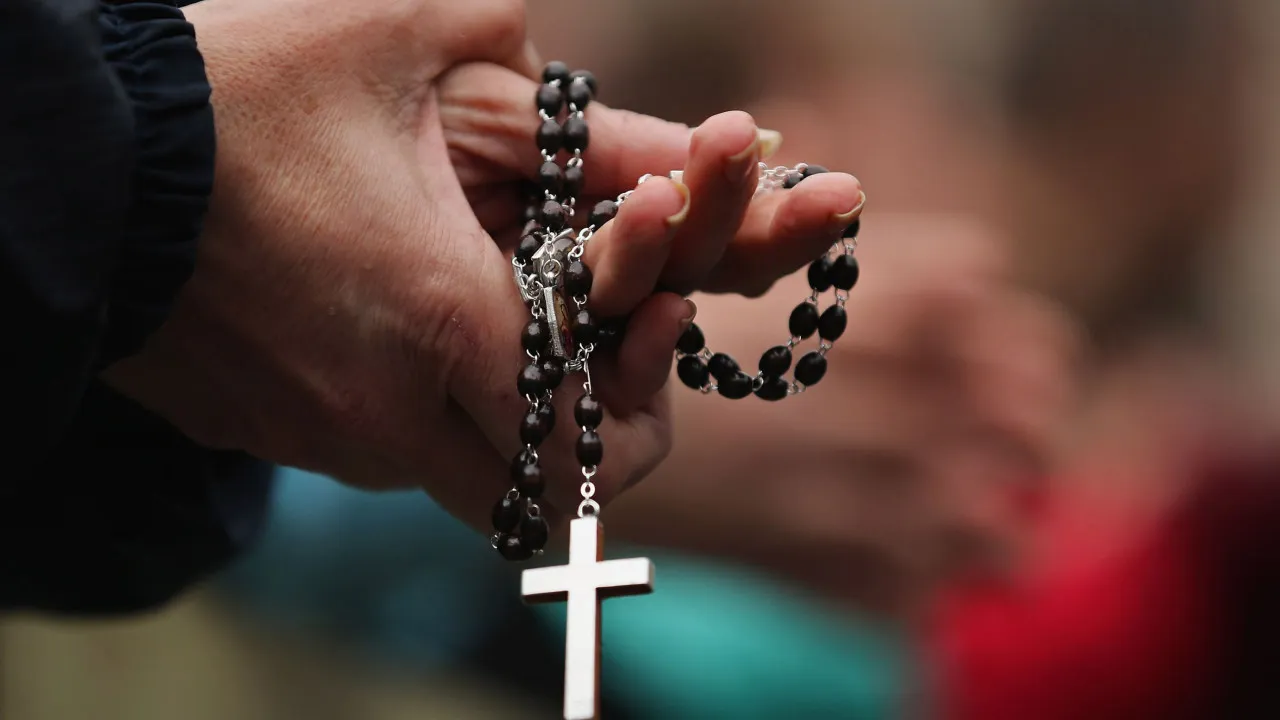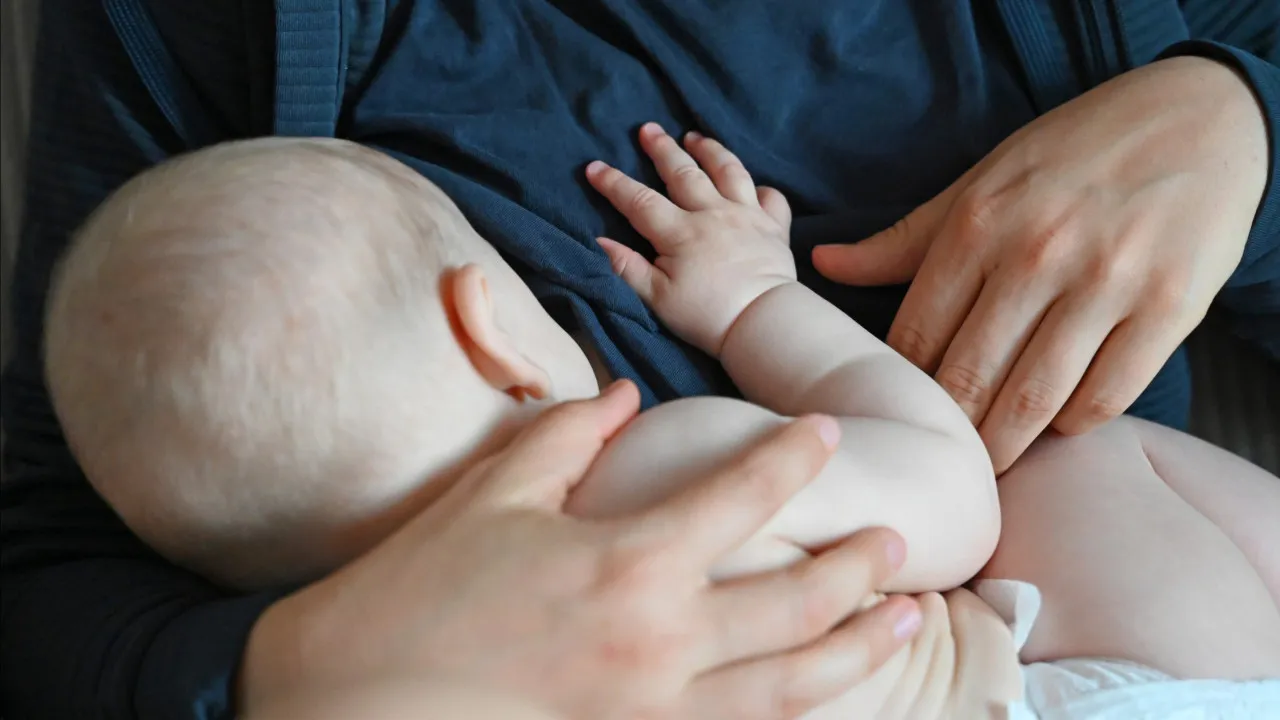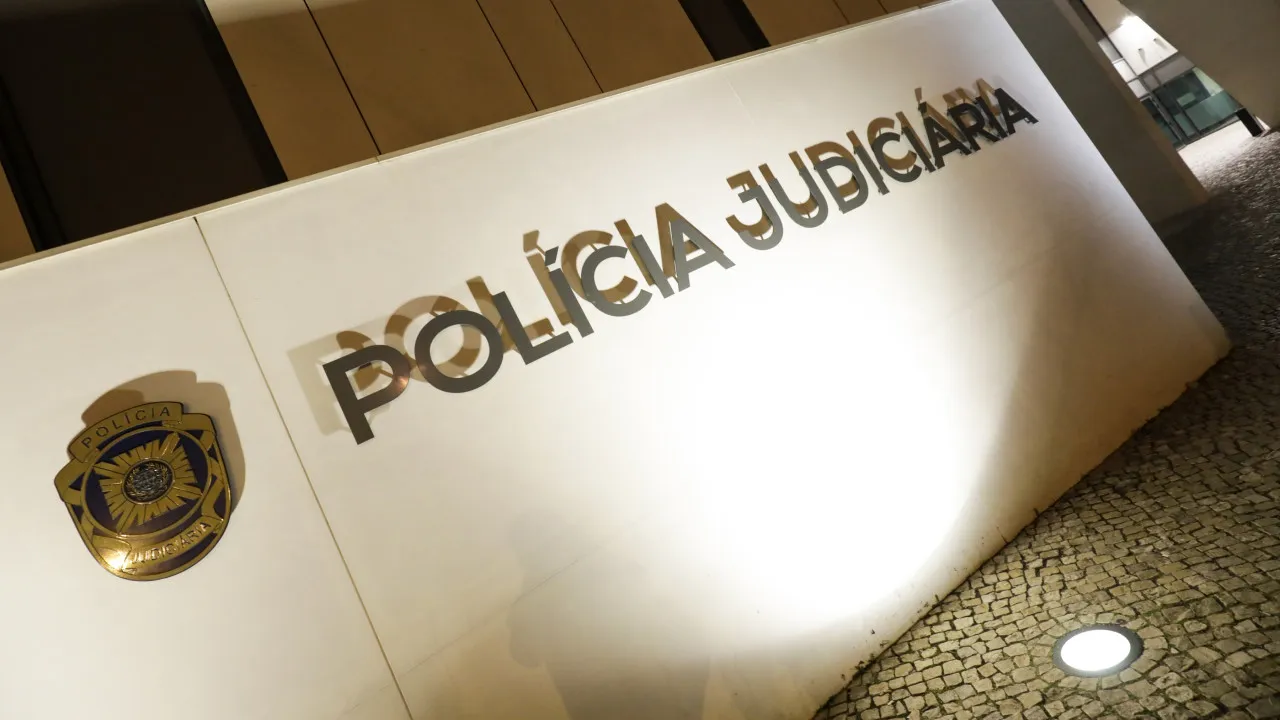
“Migrants are not a problem; they are a sign of the times that requires an evangelical reading and a solidarity response,” stated Joan-Enric Vives i Sicília during the international pilgrimage on August 12 and 13, which includes the national pilgrimage of migrants and refugees.
He noted that “every day, men, women, and children cross borders in search of the same” desires everyone has, such as “peace, work, security, and a better future,” and acknowledged that “often, what they encounter is suspicion, rejection, or indifference.”
For the Archbishop Emeritus of Urgel, part of the Principality of Andorra where he served the Portuguese emigrant community, “welcoming migrants is not a political option” but an “evangelical demand” which “means defending the sacred dignity of every human being.”
Challenging believers to commit to defending the human rights of migrants, “the right to leave their country out of necessity or in search of freedom, the right to be treated with dignity at any border, the right to be part of a society that does not exclude but welcomes and integrates,” the president of the pilgrimage emphasized that welcoming “is not just about charity, but also about justice.”
“True faith leads us to build bridges, not walls. We must always extend a hand, not close our eyes,” he urged.
He reflected on the events at Cova da Iria in 1917, during World War I, and the “message of conversion, peace, and hope” from the Virgin of Fátima.
“Today, more than a century later, her words remain relevant, because the world is still wounded by wars, divisions, hunger, and the tragedy of the exodus of so many migrant brothers and sisters in search of a place to live with dignity,” said Joan-Enric Vives i Sicília.
In front of thousands of pilgrims, 60,000 according to sanctuary estimates, he recalled that “Portuguese history is marked by a long history of emigration.”
“For decades, thousands left in search of better living conditions. Today, Portugal hosts many who come here with the same dreams. We are therefore called to historical and evangelical coherence,” he argued.
The archbishop, who was co-prince of Andorra, also recalled the words of Pope Francis (1936-2025), who stated that the Christian attitude towards migration should include four verbs: “welcome, protect, promote, and integrate,” which are a true pastoral, social, political, religious, and human program and “should be present in the minds and hearts of everyone,” including “members of social and religious institutions.”
“Migrations are a source of community renewal and an opportunity to grow in humanity, as a path of fraternity,” he added, asking the Virgin of Fátima to make people instruments of peace, defenders of human dignity, and sowers of hope among migrants.
The international August pilgrimage, also known as the pilgrimage of emigrants, concludes on Wednesday, with religious ceremonies starting with the Eucharistic procession at 7:00 AM, followed by the rosary two hours later, in the Chapel.
This is followed by the mass, with the blessing of the sick and the farewell procession, which closes the pilgrimage, during which the tradition of offering wheat is fulfilled.
According to information from the Sanctuary of Fátima, in 2024, 5,605 kilograms of wheat and 352 kilograms of flour were offered, and the temple consumed “22,105 medium and large hosts, approximately 779,000 particles, and 460 particles for celiacs.”




